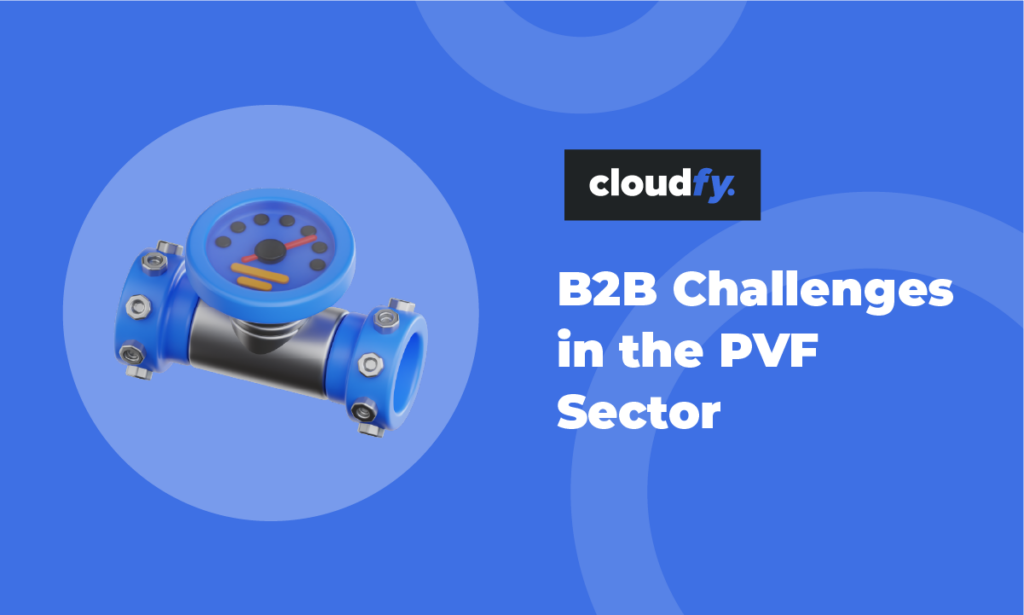According to the UK’s Office of National Statistics, online sales comprised 19.9% of all retail transactions in the UK in November 2017.
Compare this to December 2006, when that percentage was only 2.5%, and it’s easy to see the extent to which ecommerce has proliferated.
In a B2B context, organizations are looking to tailor their offering to meet the needs of their buyers and garner loyalty in the digital space. But as the technology around ecommerce advances and competition intensifies, it’s important for businesses to move with the times.
B2B ecommerce, like global industry in general, has gone through a number of phases and key turning points over the years.
Once business moved online, there was the initial delivery of simple purchasing capabilities. Then came a more enhanced offering that allowed for order history checks and invoicing. A third change was a greater focus on turning online channels into a dynamic sales and acquisition point.
These changes are listed here in very simple terms. But they certainly reflect the change in customer expectations.
Now, with the technologies that Industry 4.0 presents, there are a host of new opportunities out there for B2B businesses. This is being referred to as Ecommerce 4.0.
You’ve likely heard of Industry 4.0. In very simple terms, this is the name given to the digitization of manufacturing.
It includes increased automation and the use of advanced technology such as the internet of things to improve operations, enhance insight and increase optimization.
IoT in a B2B ecommerce context presents a host of opportunities. This includes the prevention of overstocking, intelligent marketing and enhanced internal operations.
Technologies such as machine learning and artificial intelligence are also beginning to emerge. This all means that B2B businesses can now gain a deeper understanding of their customer base and deliver an enhanced offering to the companies that purchase with them.
Cloudfy’s CEO Rob Williams has previously discussed how cloud-based B2B ecommerce has the potential to be a key driver behind Industry 4.0.
For example, cloud-based ecommerce systems are enabling businesses to create new business models. Systems integration and artificial intelligence can increase the level of personalization delivered to customers.
Ecommerce 4.0 is already beginning, as B2B companies look to move ahead of the competition by meeting the modern requirements of their customers.
By having a suitable cloud-based B2B ecommerce platform at your fingertips, there’s no reason your B2B business can’t move with the times.
If you’re a B2B business looking to revolutionize its approach to digital commerce, get a quote from Cloudfy today.





